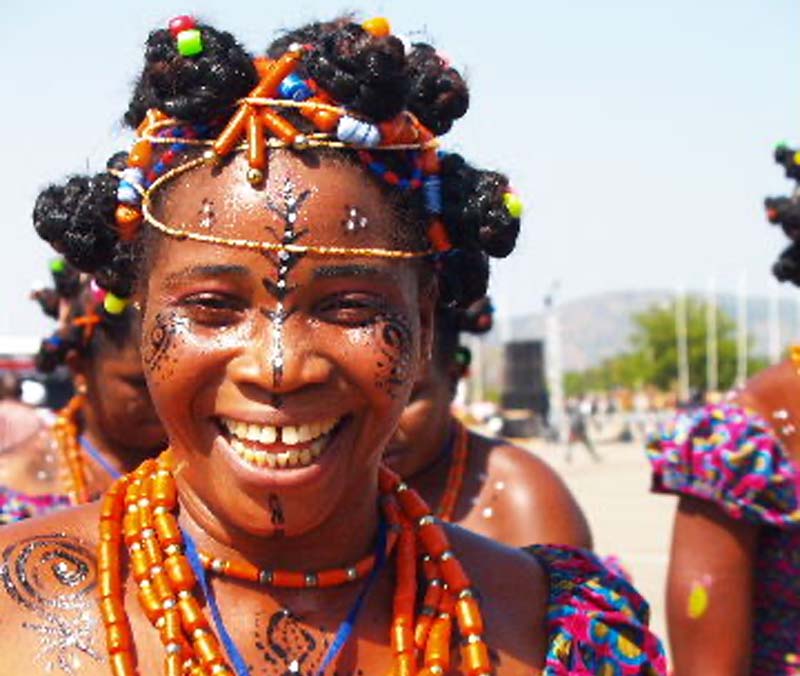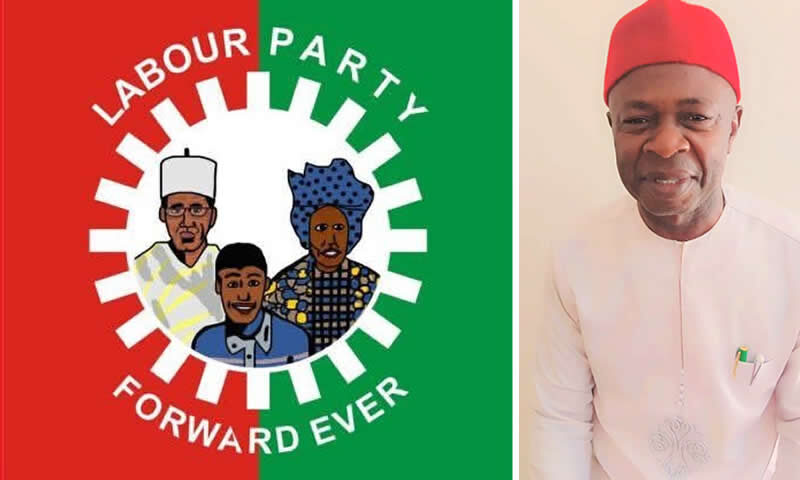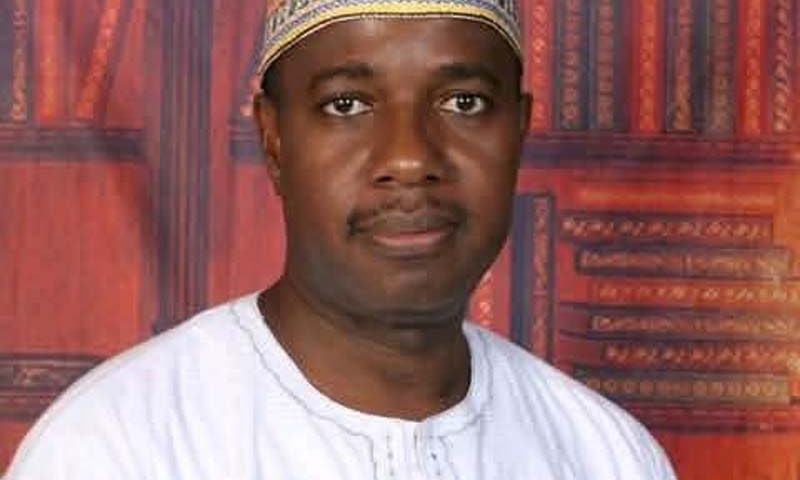I have come to realize that being true to myself means embracing every aspect of my diversity – Khadijat Chilaka Haruna Tells Her Story of Self-Discovery
Culled (Staff Reporter)
I am an Igbo Muslim woman from Imo State who resides in the northern region of Nigeria. Growing up, I have always felt a strong affinity towards the Hausa culture, because my maternal heritage also ties me to the Hausa culture, as my mother hails from Katsina, and the fact that most of my peers are Hausa. Despite identifying as Igbo, I found myself naturally adopting Hausa customs and behaviors.
Upon gaining admission to study English Language at IBBUL, While I was excited for the opportunity, I also felt a hint of apprehension. Living among housemates who were curious about my background, I found myself answering questions about my identity. When I told them of my Igbo heritage, I was met with skepticism but by stating my Hausa lineage, their acceptance was immediate. At one point, I noticed a growing interest in my story among those around me. People would approach me with curiosity, asking the same question repeatedly. . I found joy in their reactions each time I disclosed that I am Igbo, their surprised expressions never failed to bring a smile to my face. So, I made it a point to proudly declare my Igbo heritage to anyone who asked. Despite my initial reluctance, I was persuaded by my sister to join the South East Association of Nigeria Students IBBUL. Attending my first meeting, I was met with questioning gazes that seemed to say, “Hajiya, are you in the right place?” Nonetheless, I remained composed and simply smiled in response. After the meeting, members of the group approached me to understand why a “hajiya” like me had joined their association. As I explained my background , they welcomed me with open arms. From that moment I received first-class treatment from them, both within and outside the school. Their acceptance made me feel truly at home, and I couldn’t have been happier. When I answered the call to serve the nation in Abia State, my anxiety grew because of the IPOB activities in the state.
The sit-at-home protests looming over the region added to my concerns, knowing that despite being Igbo, I didn’t look like one and lacked fluency in the language. During the orientation camp, I met a man who is from my hometown and when he saw my last name, he was surprised and asked how come I bear such a name and I am Hausa. I had to start explaining and in the process, he shouted ‘My lost sister is back’(I don’t understand why they use the expression lost), he was excited and he started introducing me to all the Igbo personnel in the camp. They all liked me and treated me nice. I enjoyed my camping and didn’t have any more fears, this prompted me to embrace my staying in the state without relocating to Niger state and explore more of my heritage. After camp, I was posted to Aba North and I had to live with my Aunt’s family.
They accepted me with open hands, although they had questioned my dressing and I had to adjust to wearing tops and trousers to look like them; my northern way of dressing could make me a target for the IPOB. However, my commitment to prayer remained unchanged, and I found solace in their acceptance of my religious practices. Throughout my service year, I made friends from the community, who expressed a desire for me to remain in the East and marry within the Igbo community but I felt uncertain about my prospects in the East because of my northern roots.
As a graduate who had completed the national youth service, thoughts of marriage crossed my mind, and we spoke about it with my boyfriend who was Hausa. We agreed he should talk about me with his family, when he shared their feedback, his words cut deep. His parents had rejected the idea, solely based on my Igbo ethnicity. In that moment, I felt a pang of disbelief and disappointment, realizing that despite my efforts to blend into the Hausa culture, I was still judged for my true identity. It was a sobering realization that I had denied my heritage, convincing myself that I belonged solely to the North. But in facing this rejection, I understood the importance of embracing my roots as an Igbo woman. Though I was disheartened, I silently thanked him for the wake-up call. I realized that my identity was a gift from Allah and since then, I proudly declare my Igbo heritage to all who will listen. I have come to realize that being true to myself means embracing every aspect of my diversity.
Khadijat Chilaka Haruna Graduate Department of English Language, IBB University Lapai.






